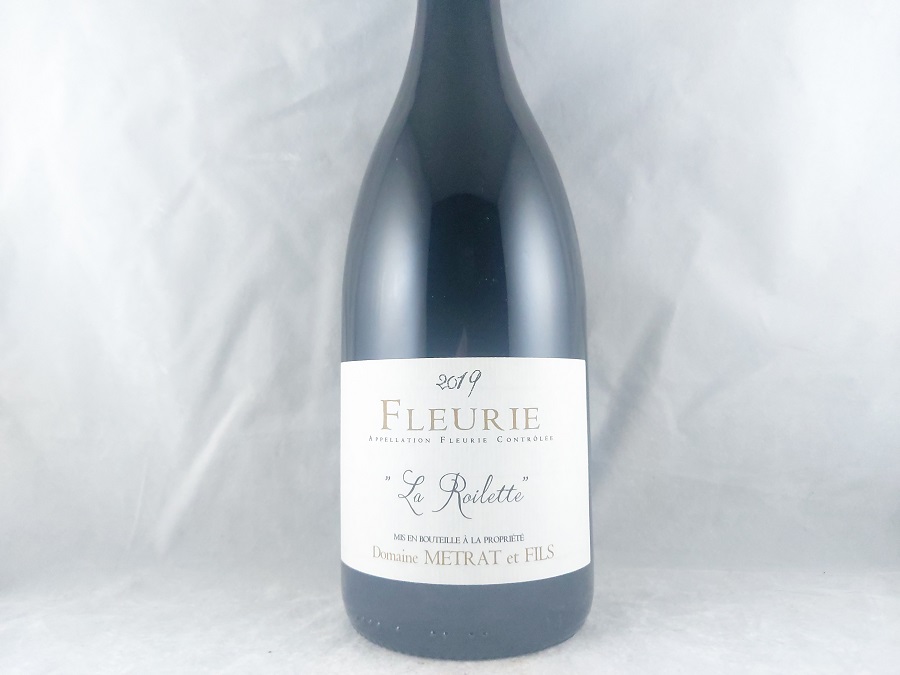
Sustainable Wines – Clarity 101
Sustainable Wines is a buzzword in all forms of agriculture and probably culture in general. But in real terms, what does it mean for wine? In Australia, the major elements of Sustainable Wines are: organic, biodynamic and “natural”. Certification is available for organic and biodynamic viticulture and winemaking, but “natural” winemaking is very much an individual belief system. Other factors to consider are dry-growing, and vegan and vegetarian friendly wines.
Does it make a difference to the final product? A lot of the top producers in Australia already make Sustainable Wines. But for those using biodynamic and or organic principles, would they still make great wine with conventional viticulture? How does the wine in your glass taste right now?
While I think Sustainable Wines are important. More important is to drink the best wine you can.
Interested to learn more? TWD is showcasing a range of Sustainable Wines at The Whitehorse Sustainable Food and Wine Fair on 30th March. 10-4pm. Click on the link to find out more.
Important Distinctions On Sustainable Wines
Click on the bold titles to see a list of wines fitting each category. Or click here to see them as one group.
No Added Preservatives
There is a difference between organic and no added preservative (formerly preservative-free). Organic wines can use Sulphur dioxide (SO2). SO2 is an antimicrobial and antioxidant agent in winemaking. It can occur naturally during fermentation and so even ‘preservative-free’ wines aren’t necessarily all that free. It is worth noting that tannins, acid, alcohol and sugar, all naturally occurring preservatives, are found in wine. As is carbon dioxide which is used in varying amounts in still and sparkling wines.
Organic
A system that at its core eliminates the use of artificial chemicals in grape growing and winemaking. Different agencies have different criteria for certification. In the EU it is possible to still use small amounts of RoundUp and maintain organic certification. Sulphur Dioxide is available to use in the wine and vineyard.
Biodynamic
A form of organic farming based on lectures given by Rudolph Steiner. There are special composts and tea labelled from 500 to 508, which are sprayed routinely or as medicinal remedies. BD embraces elements of homeopathy, astrology, common sense, best practice, physics, chemistry and, encouraging a polyculture. Certification is much more strict than Organic. It is probably safe to assume that a BD producer is in fact organic too. For this reason I do not put them in both categories.
Lutte Raisonnee
The reasonable struggle or reasonable fight. Growers who use lutte raisonée use organic or biodynamic practices but will use chemical sprays if the crop is at risk. It is a common occurrence all over the world, but many people do not talk about it. Trust the French to coin a phrase that makes it sound sexy and appealing.
Natural
This is hard to define because there is no legal meaning to Natural Wine. But it is basically the use of low to no inputs in the growing and winemaking process. This means no added yeast, sulphur, sugar, ‘processing aids’ or chemicals, fining agents and no filtration. This does mean the wine risks being unstable once it reaches the bottle unless everything is pristine.
A newer philosophy is that sulphur at bottling is OK to keep the wine safe for transport.
Certified
Being certified is the difference between talking the talk and walking the walk. There are numerous agencies who offer certify vineyards for Biodynamics and/or Organics. It is a long process and is quite strict. Some producers follow the rules religiously but don’t feel they need the tag. Others take a more pragmatic approach and want the flexibility to use chemicals if there is a serious problem. Note there is no certification for natural wine. No preservative added is a claim about food that is protected by legislation rather than a non-government body.
In Conversion
Before you can be certified, you must spend time in conversion. It takes 3-6 years to achieve certified Organic or Biodynamic level. There are many tests and inspections that take place. Once you are certified, there is a lower reporting and inspection burden.
Dry-Grown
Water use is a big issue not often covered in the wine industry. Dry-Grown grapes means that water is not used, or that it is only used sparingly during the year. Some vineyards don’t have water at all, while others do, but choose not to use it. There are a lot of advantages to dry growing including deeper roots and hardier vines.
Vegan & Vegetarian Friendly
Egg-whites, skim milk, and isinglass (fish by-product) are all fining agents. While none will remain in the wine, it will still be a product used and therefore a problem for vegan & vegetarian people. It is possible to make Vegan & Vegetarian Friendly wines without using these products. There is no reason for the wine quality to suffer.






Cool beans
Indeed 😉